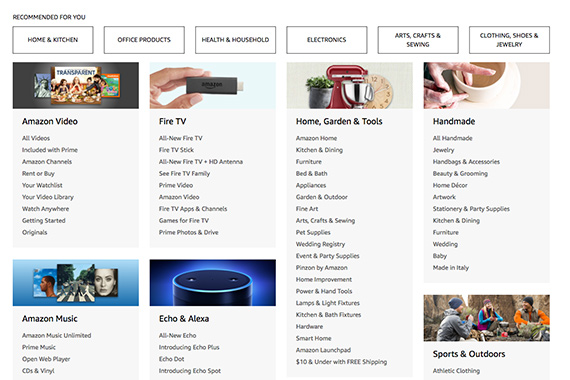Author: Armando Roggio / Source: Practical Ecommerce
Keywords are an important building block for ecommerce marketing. Developing and maintaining a keyword list may help an ecommerce business understand shoppers and do a better job of marketing to them.
In the context of search engine optimization, searchers’ words or phrases summarize intent — the searchers’ thoughts, questions, or needs. Those keywords represent the language people use to ask for help finding resources online.
Search engines like Google, Bing, and Yahoo are successful when they properly interpret keywords and connect users with answers or solutions online.
For marketers, keywords represent an opportunity to (a) speak a shopper’s language, (a) draw insights from the words shoppers choose, (c) help connect those consumers to the products or services they want, and (d) generate profit in the process.
The better a marketer understands the language consumers use to find a company’s products, the more that marketer understands about the needs and wants of those prospects, and the better those needs and wants can be described in, say, blog posts, on social media, or even in advertising.
Idea and Purpose
To develop your keyword list, start with your store’s main idea. What is the one simple phrase that describes what your ecommerce business is or does?
Does your online shop sell “discount fishing supplies” or, perhaps, “men’s fashion clothing”? Is your website a place to “discover new toys and games” or find products on “technology’s bleeding edge”?
You can ask friends or business associates to help you think of the best phrases to describe what your ecommerce business is about. You could also conduct a focus group with representatives from your primary customer groups.
Collect these keyword phrases into an initial list.
Products and Categories
Next, add to your list keywords and phrases for important products and categories.
To start with, what are the headlines your company uses to describe product categories?
As an example, look at the departments on Amazon. You will find product categories, such as “Home, Garden & Tools,” that have long lists of subcategories, including “Kitchen & Dining,” “Furniture,” and “Bed & Bath.”

Image: Amazon.
Each Amazon product subcategory may also have more refined categories beneath it. Under “Furniture” a shopper can browse for bedroom furniture, living room furniture, kids’ furniture, and even entryway furniture.
Add all of these sorts of product terms to your initial list of keywords.
Refine Keywords
Head to…
Audience Team
The digital audience insights you need to build, manage and market to your digital audiences.

